Often, it’s the restrictions imposed on a piece of art that elevate it to greatness. There have been countless examples of tight purse strings resulting in an improvised creativity that wouldn’t have even been considered with a generous CGI budget. Necessity is the mother of invention; it’s a cliché, but only because it’s true. I think this is particularly true of podcasts. Denied any kind of visual tools, the creators are forced to fall back on aural ones to engage and tell a compelling, coherent story.
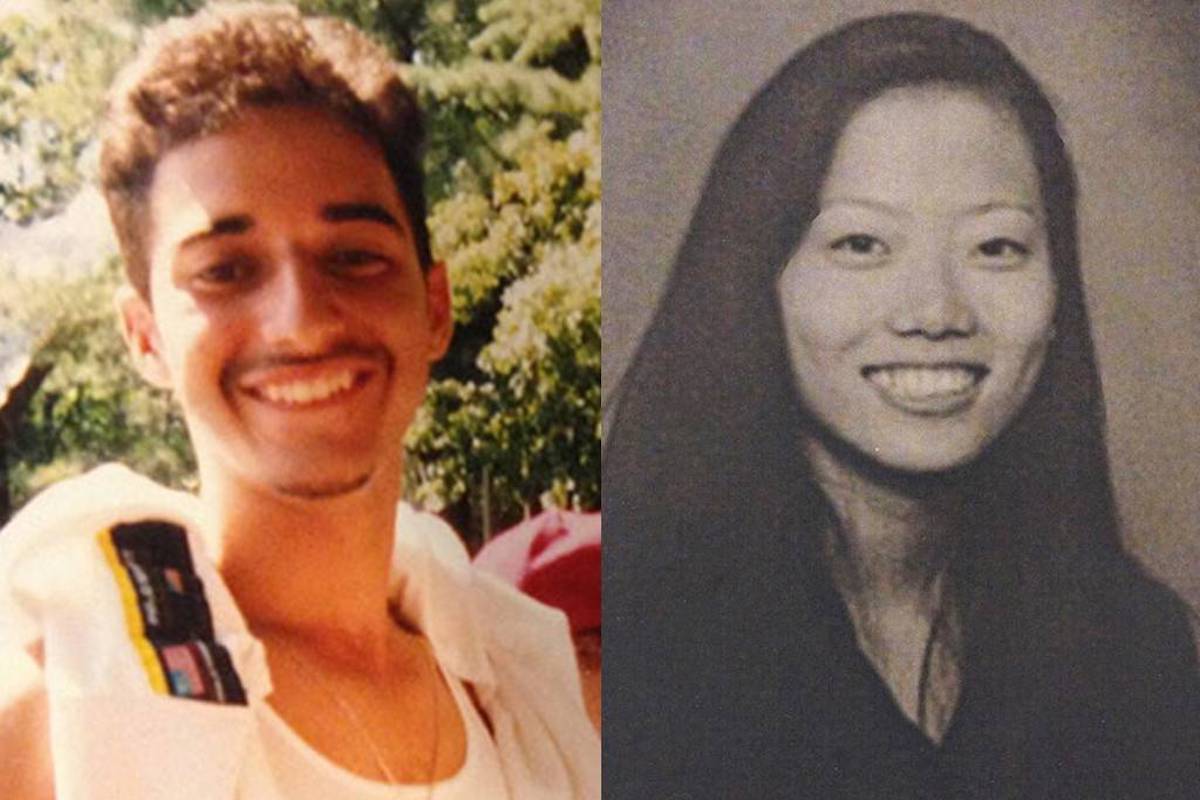
There’s another cliché that applies here, the oft-repeated one that the litmus test of a great song is how it works even when you strip it back to just voice and guitar or piano. Again, it’s a cliché because it’s true. If you’ve ever heard Springsteen play ‘Born In The USA’ with just an acoustic guitar for company, you’ll know what I mean. Serial, S-Town, Dirty John, Homecoming, part of what made these buzzworthy podcasts so great is how they stripped storytelling back to its core elements: words.
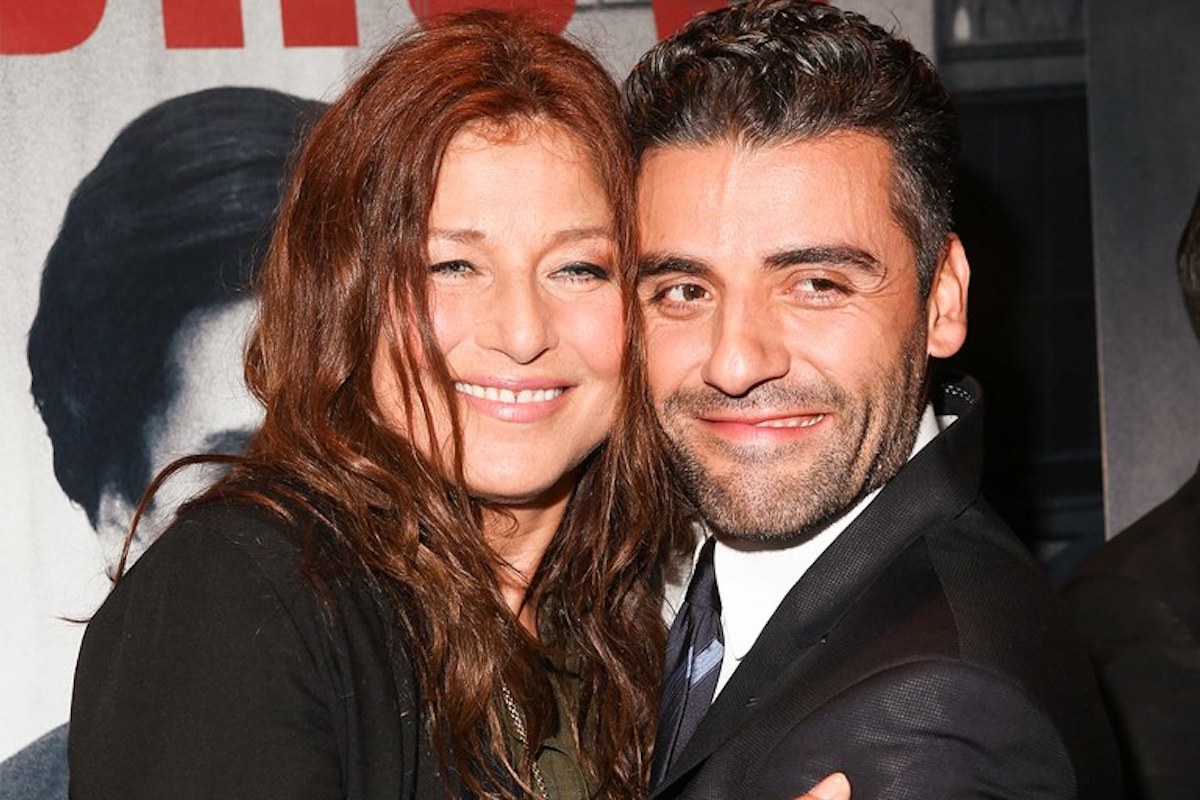
But what happens when you start adding all the visual bells and whistles back on top? This is quite a pertinent question at the moment. Amazon has already turned Homecoming into a critically acclaimed series, Bravo is about to launch its TV adaptation of Dirty John, starring Eric Bana and Connie Britton, and HBO is currently developing a Serial spin-off documentary The Case Against Adnan Syed. Meanwhile, Participant Media (Roma, Green Book, The Post) is developing S-Town for the big screen, with Tom McCarthy (Spotlight, The Station Agent) attached to direct.
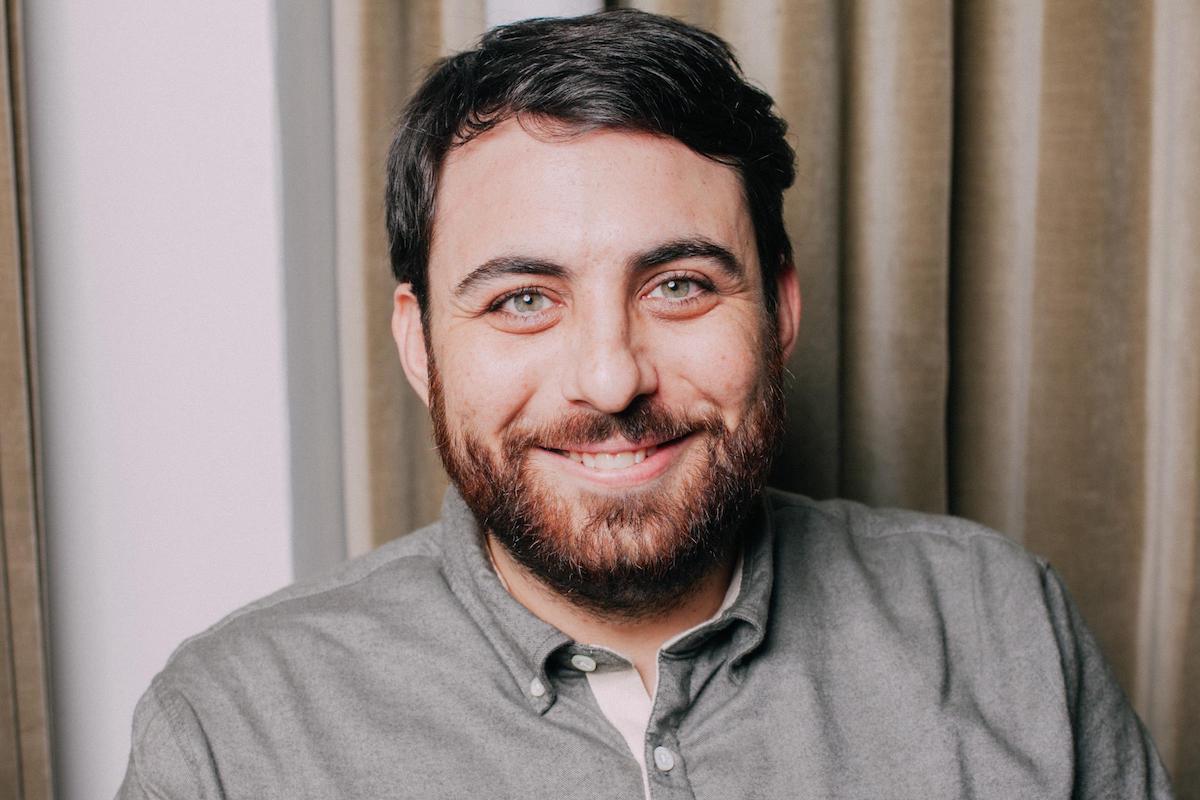
Of course, it’s impossible to apply any all-encompassing rule and state definitively that adapting podcasts for the screen is either good or bad. It’s akin to asking whether turning books into movies is good or bad. The right vision, the right team and the right cast and there’s no reason why a great podcast can’t become a great TV show. Homecoming proves this, although it was created as a fictional drama series, as opposed to the true stories and investigative journalism of its peers.
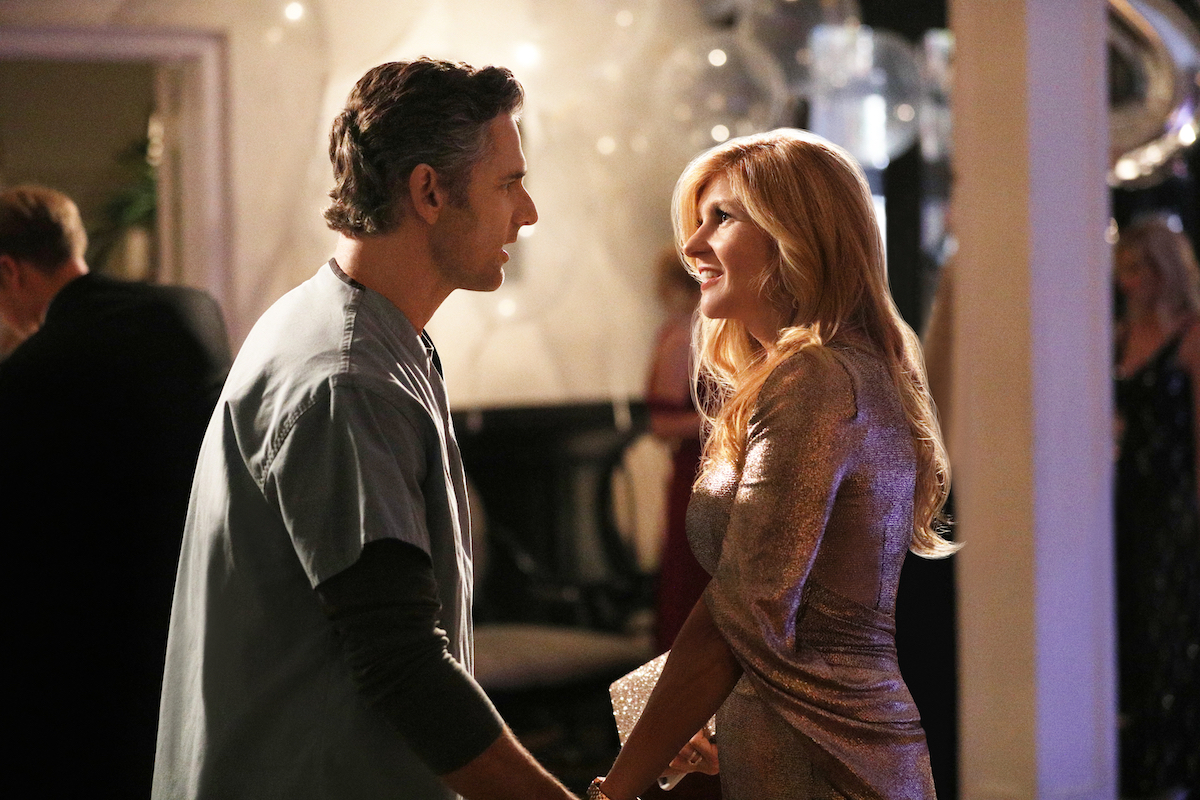
Adapting a true story is slightly trickier, especially something with the nuance and volume of information of a Serial or S-Town. For that reason, distilling the latter into a movie is a worrying proposition. A few years back, Atom Egoyan attempted to turn the story of the West Memphis three (three outsider teenagers accused of murdering three young boys in a Satanic ritual) into the film Devils Knot. This complex story of a woefully inefficient judicial system and a town in the grip of ‘Satanic panic’ took three documentaries to tell (the superb Paradise Lost trilogy). Compressing that into two hours turned a fascinating story into a soapy, unremarkable small-town drama. It’s hard not to fear a similar fate for S-Town, although McCarthy’s treatment of Spotlight would suggest that if anyone can pull it off, he can.
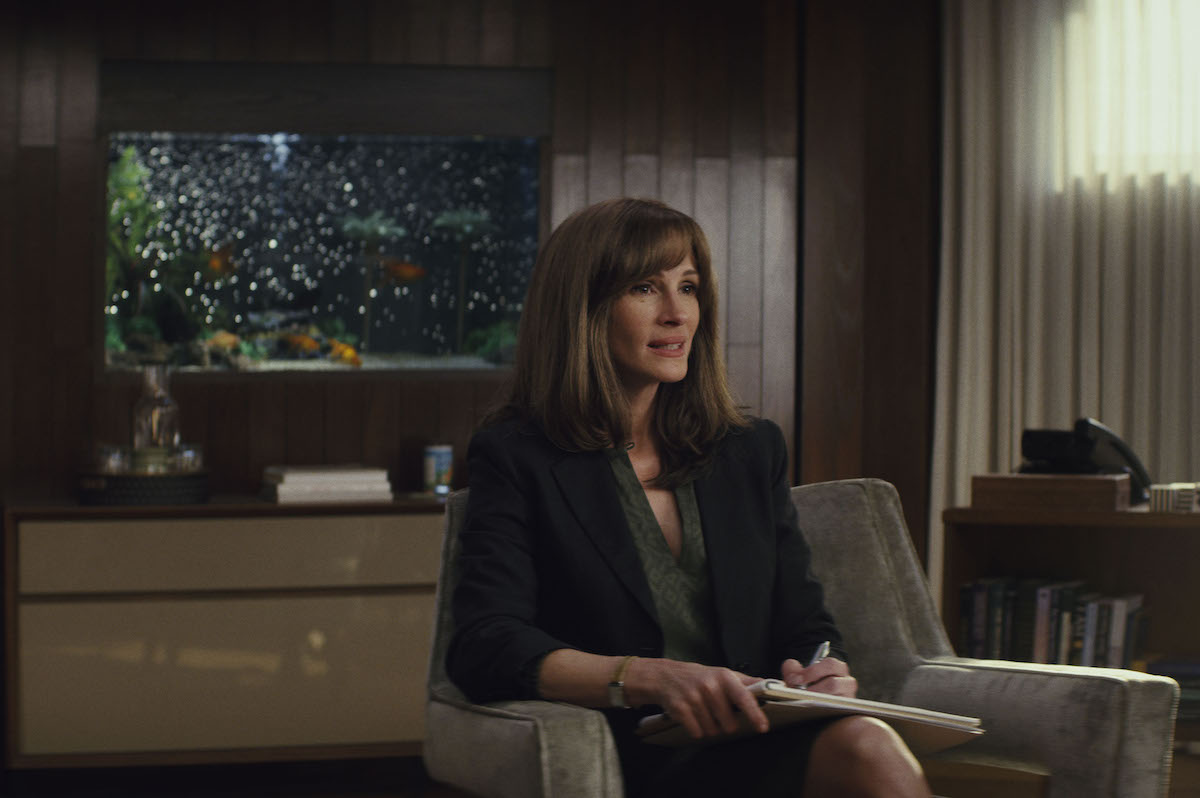
We’re in the very early days of adapting podcasts and we’ve only just scratched the surface. What’s for sure is there are thousands of great stories out there in Podcastland. I for one would advocate vociferously for a TV version of The Andy Daly Podcast Pilot Project. Hell, you could spend from here to the end of time just turning the great stories of This American Life into TV shows and movies. After all, these podcasts are essentially huge collections of the weird, wicked and wonderful things that human beings do to each other. What better place to go digging for inspiration?

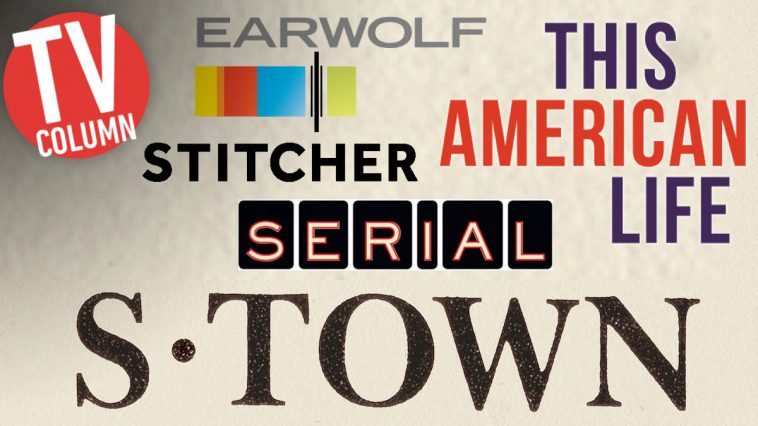





Leave a Comment